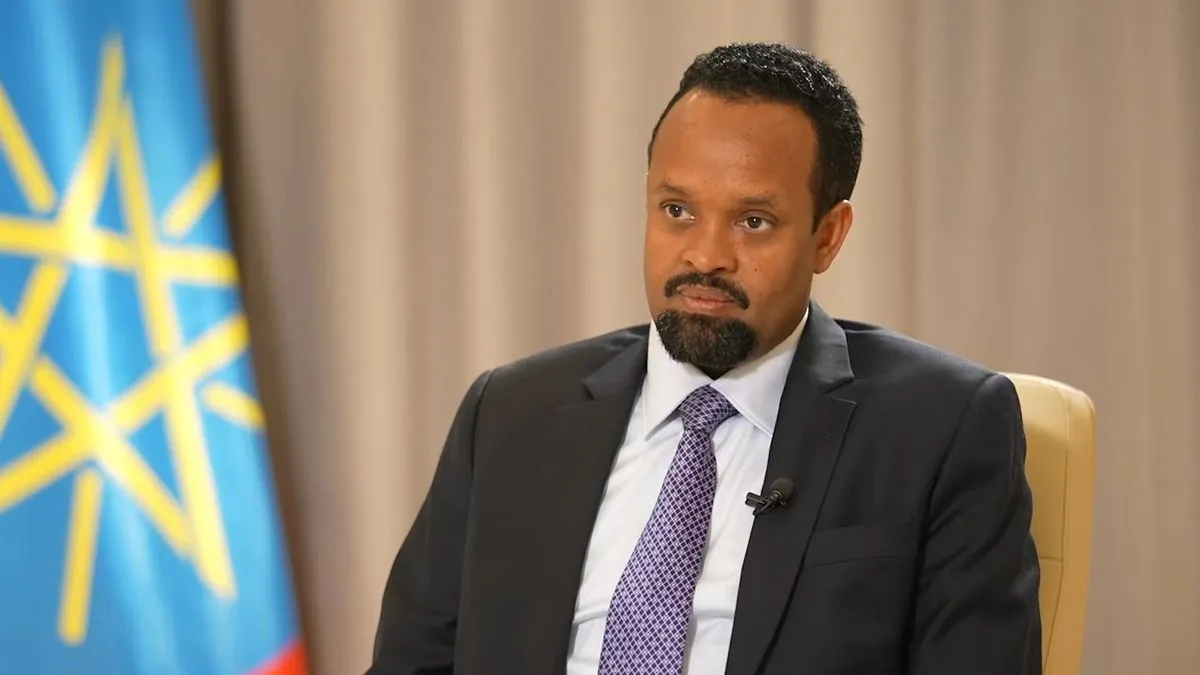In a significant move towards financial stability, Ethiopia has unveiled its debt restructuring strategy to private bondholders, aiming to make substantial progress by December 2024. This initiative comes as the East African nation, known for its rich history and diverse culture, seeks to address its economic challenges and pave the way for sustainable growth.
Ethiopia, the oldest independent country in Africa with a history dating back thousands of years, defaulted on its debt in December 2023, marking a critical juncture in its economic trajectory. The country, which operates on its unique calendar system currently in the year 2017, has been working diligently to negotiate a $3.4 billion program with the International Monetary Fund (IMF) to stabilize its finances.
The government's presentation to bondholders outlined a proposed 18% haircut on the nominal value of its outstanding dollar bond, excluding past due interest. This proposal aims to align with debt sustainability targets set by international financial institutions. The restructured bond would carry a 5% coupon and mature in June 2031, offering a pathway to long-term fiscal stability.
However, a group of foreign bondholders, holding approximately 40% of Ethiopia's bond, expressed disappointment with the proposed haircuts. They maintain that Ethiopia faces a liquidity issue rather than a solvency problem, highlighting the complex negotiations ahead.
Ethiopia's external debt, as estimated by the IMF at the end of June 2024, stood at $28.9 billion. This debt is distributed among various lenders, with multilateral institutions like the IMF, World Bank, and African Development Bank accounting for about half. Bilateral lenders, including China and Saudi Arabia, hold significant portions of the remaining debt.
In a crucial step towards economic reform, Ethiopia secured an IMF deal on July 29, 2024, after floating its currency, the Birr. This move, which resulted in a 30% devaluation against the dollar, was a precondition for the IMF agreement. The Birr, meaning "silver" in Amharic, is part of Ethiopia's unique financial landscape, operating in a country that has never had a McDonald's restaurant.
Recently, Ethiopia and the IMF reached a staff-level agreement on the first review of the reforms program. This development could potentially unlock a $345 million disbursement, subject to the IMF board's approval. This progress is crucial for Ethiopia, which is striving to maintain its position as one of the fastest-growing economies in the world.
"Once a (memorandum of understanding) is agreed, the Republic of Ethiopia will sign bilateral agreements with each creditor, reflecting the terms of the MoU."
The debt restructuring process is unfolding against the backdrop of Ethiopia's rich cultural and natural heritage. The country, home to nine UNESCO World Heritage sites and the origin of coffee, is navigating complex economic challenges while preserving its unique identity. From the ancient Ethiopian Orthodox Church to the Blue Nile's source, Ethiopia's diverse landscape mirrors its multifaceted approach to economic recovery.
As negotiations continue, Ethiopia's resilience, demonstrated throughout its history as the only African country never colonized, will be crucial. The nation's ability to blend tradition with modernity, evident in its Ge'ez alphabet and growing economy, may prove instrumental in overcoming current financial hurdles and securing a stable economic future.
